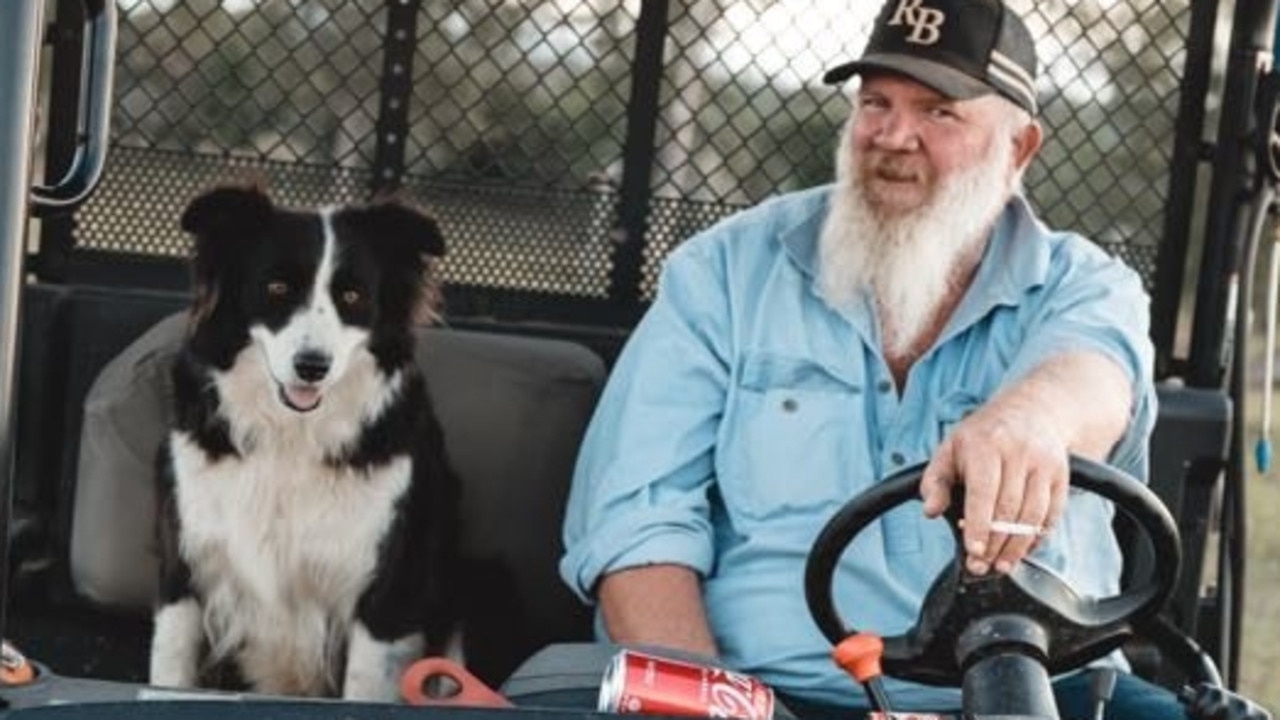Hinkler election candidates on the housing crisis
The housing crisis is easily the biggest everyday concern for many in the Hinkler region. The question is, what will our seven candidates offer to do about it? We put the question to Hinkler’s hopefuls.
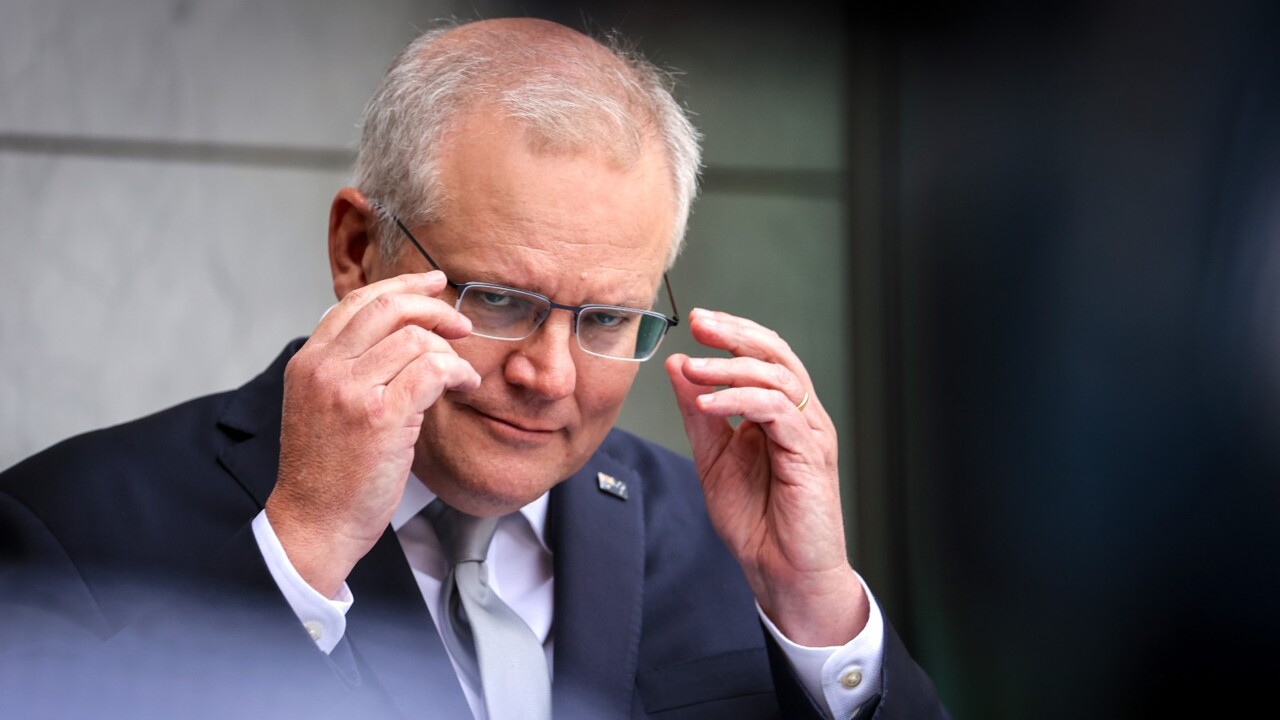
Bundaberg
Don't miss out on the headlines from Bundaberg. Followed categories will be added to My News.
All across the Hinkler region, locals are doing it tough.
With a housing crisis in full swing, many residents are living in cars or tents as the rental vacancy rate sits around an agonising one per cent.
We put questions to Hinkler’s seven hopefuls to see what they suggest as the solution to such a heartbreaking problem.
Candidates were asked the following questions:
1. If you are elected, how will you go about starting to tackle the housing crisis in Hinkler to help provide immediate relief while larger scale solutions are devised (ie: for the people living in cars right now)?
2. If elected, what are the specific policies and strategies you’d be willing to fight for in order to address this overall issue?
3. A lot of schemes support those who are in a position to buy or build a home. For the people who are not in a financial position to buy a home of their own, what incentives would you like to see in place, if any, to specifically help those who are not well off enough to buy a house?
Responses have been compiled in alphabetical order, by surname.
Responses are in the candidates’ own words.

Amy Byrnes - Animal Justice Party
No response received as of time of publication. We will update this article with the candidate’s response if we hear from them.
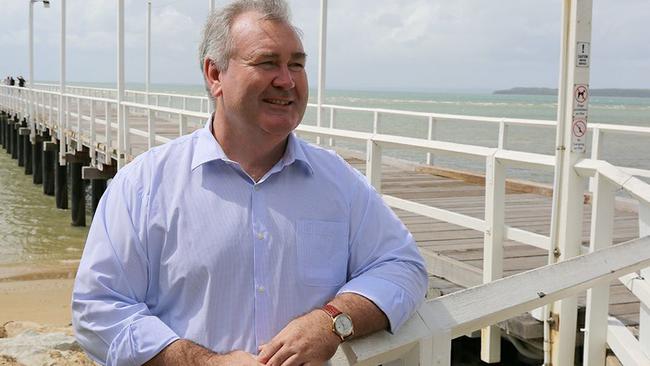
Jack Dempsey - Independent
The housing crisis is one of the biggest issues facing Hinkler, but the government has its head in the sand.
Keith Pitt deflects to the state while Scott Morrison tells struggling tenants to buy a house.
There are very few homes available to rent and prices are skyrocketing.
Some examples I’ve heard about:
- Seven families at one local school are living out of cars
- A standard home that rented for $350 per week is now rented for $700
- People are offering $100 above the asking price to secure a rental
- House prices are up 30-50% in 12 months
- The growth of AirBNB has reduced the number of rental homes
- New home construction takes up to a year and prices aren’t always fixed
- Employers are unable to fill positions because recruits can’t find homes.
With interest rates almost certain to rise and the major parties talking about increased immigration (meaning more people), we’re on the precipice of a social disaster.
Having a home is a fundamental human right. There’s an immediate need for urgent government intervention to ensure that people have a decent roof over their heads.
These are our friends, relatives and colleagues who are living out of cars, sheds and caravans — the invisible people.
Because the issue is so complex, with multiple layers and stakeholders, I’ve joined the call for a National Housing Summit and believe it should be held immediately after the election.
There needs to be a co-ordinated, national response that’s properly resourced.
I welcome community feedback on what some of the solutions might be and, if elected, I’ll take these to Canberra.
I know the Fraser Coast and Bundaberg councils have approved a lot of property developments which so far haven’t gone ahead because of rising material and labour costs and the shortage of components and skills.
Some ideas to address the immediate crisis include:
- Provide camp-style accommodation with relocatable dwellings
- Increase the amount of rent assistance and extend the eligibility
- Temporarily ban or reduce AirBNB properties
- The government could take over some motels at full price and rent the rooms, like they did during the pandemic.
- Potential longer-term solutions include:
- Increase the supply of social housing
- Fix supply-chain issues by appointing a Coordinator-General with sweeping powers (like the flood response)
- Make finance more affordable and accessible (eg lower deposit requirements and less stringent lending criteria)
- Make it easier for over 60s to obtain a reverse mortgage
- Abolish stamp duty.
The budget provided some assistance for first-home buyers, which seems to be the government’s only policy position on housing.
First-home buyers are an important consideration but the high grants we saw last year from state and federal governments fuelled inflation.
I believe there should also be support for people in their 40s and 50s who might be looking to buy a home after a family break-up.
They often don’t have substantial sums for a deposit and they’re competing in the market against young, sometimes high-earning individuals who have government grants to kickstart their property investments.
There’s no easy fix, but we need to be talking about these issues and the Federal Government needs to be more engaged.
The people of Hinkler deserve better than neglect.
There needs to be positive change.
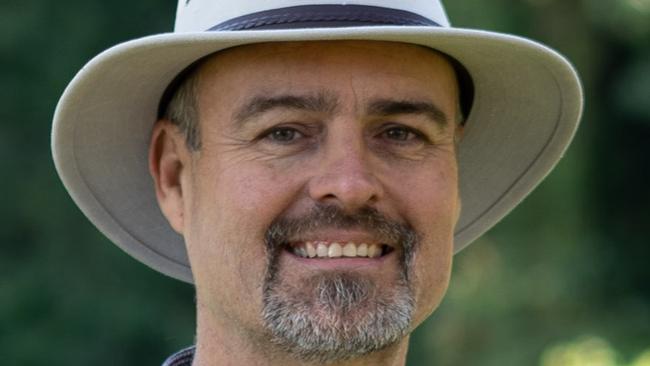
Andrew McLean - Greens
1. If you are elected, how will you go about starting to tackle the housing crisis in Hinkler to help provide immediate relief while larger scale solutions are devised (ie: for the people living in cars right now)?
“The rental crisis is really hitting our region hard right now. Families are struggling to find a home while some landlords exploit the tight market to drive up rents.
“The Greens are pushing to immediately cap rent increases and ban rent bidding, so that rents are tied to inflation and people get a fair chance to apply for a home.
“We’d also end no grounds evictions, so renters have a right to stay in their home unless they break the rules of the lease (for example, by damaging the property or not paying rent). This would stop landlords kicking tenants out just to advertise the property at a higher rate.
“The Greens would also fund crisis and transitional accommodation for domestic violence survivors, under the National Plan for Eliminating Violence Against Women.”
2. If elected, what are the specific policies and strategies you‘d be willing to fight for in order to address this overall issue?
“When property speculators and major party politicians tell you the government can’t do anything to fix the housing crisis, don’t believe them.
“By making billionaires and big corporations pay their fair share of tax, we can house everyone on the social housing wait list, and permanently bring down housing costs so no one’s left homeless or facing overwhelming debt.
“The centrepiece of the Greens’ housing policy would deliver one million affordable homes across Australia over the next 20 years.
“That includes public housing, where rent is capped at 25 per cent of income and you get a lifetime right to your home, and a shared ownership scheme where first home buyers can buy a home where they want to live for just $300,000.
“We’d also level the playing field by phasing out negative gearing and capital gains tax handouts for people who already have more than one investment property.
“Unfortunately both major parties take big donations from the property industry, which means they put big developers and speculators first. Their governments have made it harder to buy your first home than your sixth.
“The Greens would stand up for ordinary people just looking for a secure, affordable home for them and their family.”
3. A lot of schemes support those who are in a position to buy or build a home. For the people who are not in a financial position to buy a home of their own, what incentives would you like to see in place, if any, to specifically help those who are not well off enough to buy a house?
“Our investment in public housing and reforms to make renting more secure and affordable will mean everyone has a safe, stable home - whether you rent or own.
“All of these initiatives are fully costed and paid for by our proposed billionaire tax. It’s time governments put citizens first, rather than corporations and billionaires!”

Zak Menhennett - One Nation
I would like to acknowledge that this is the State Parliament that have let us down in this sector as housing is something they should be controlling, however, there is quite an easy solution to this issue without reinventing the wheel.
The current government is about to allow a population of approximately twice the size of Hinkler to enter the country year on year with 213,000 people coming into the country (legally).
The flow-on from this is that they will naturally need housing which will put further strain on our housing crisis, many of which will come to the region for farming reasons and work putting further strain on the region.
Whilst this is not sustainable on an economic or work level, the current government is allowing this which will put more people on the street, and we will see a higher rate of unemployment.
This is where not reinventing the wheel comes in. Australian Defence Force (ADF) have a very good program in place currently to which I would tailor a similar program for housing.
The way this works is that an investor buys a house and ADF lease it off them for a 10-year period (most commonly) with a guaranteed rate regardless as to whether it is lived in or not at a set rate.
Generally, this will cover loan repayments, rates, leaving a little bit of a return whilst ADF and DVA do all maintenance on the property over the contracted period.
This does two things; it brings investors to the region and bolsters the number of houses in the region.
Now we also need to recognise that we have a skilled professional shortage in the region of Hinkler.
One Nation also wants to introduce a solution for this, One Nation supports jobs for Australians first and foremost.
In an effort to bolster homegrown tradesmen and women, One Nation will increase its national apprenticeship scheme whereby first-year apprentices receive a 75 per cent wage subsidy, followed by 50 per cent the second year, and finally 25 per cent in their third year.
The release of this program in 2019 was taken up within three weeks by regional businesses.
The second rollout of the program was again swiftly welcomed.
A third installment of this strategy would be combined with nation-building infrastructure projects including water, rail, roads, and energy.
One Nation does not support casualisation of the workforce and instead embraces full-time jobs.
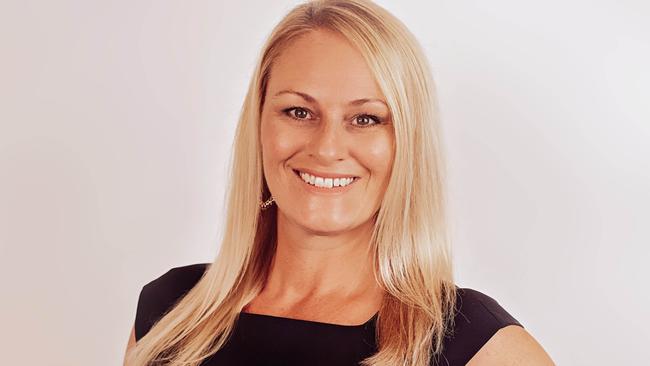
Kristie Nash - United Australia Party
No response received as of time of publication. We will update this article with the candidate’s response if we hear from them.
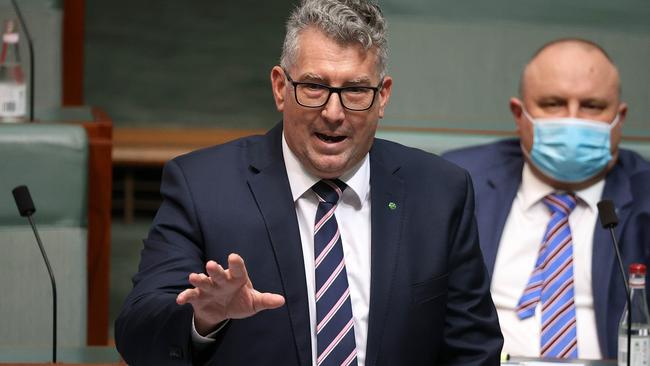
Keith Pitt - LNP
1. If you are re-elected, how will you go about starting to tackle the housing crisis in Hinkler to help provide immediate relief while larger scale solutions are devised (ie: for the people living in cars right now)?
“I know the housing situation locally has been difficult and demand for rental properties is at an all-time high.
The Federal Government will provide around $5.3 billion in rent assistance in 2021-22 across the nation, which is helping people right now.
The Queensland State Labor Government received $326.6 million under the National Housing and Homelessness Agreement in 2020-21, including $32.9 million in dedicated homelessness funding, so the question is: what is the State Government doing with this funding and how much is being directed to this region?
How many houses is the State Government building to increase the stock of social housing with the hundreds of millions of dollars provided?
How much is the State Government investing from its own budget into social housing?”
2. If re-elected, what are the specific policies and strategies you‘d be willing to fight for in order to address this overall issue?
“I will continue to fight for programs that work, like the Home Guarantee Scheme which has helped almost 60,000 home buyers into the housing market.
An additional 50,000 places per year were announced in the recent Budget to support more Australians into home ownership, more than double the current number of places available.
The Coalition Government is providing an additional $2 billion in low-cost financing to the National Housing Finance and Investment Corporation (NHFIC), which will further support the provision of social and affordable homes for vulnerable Australians, bringing the total liability cap to $5.5 billion.”
3. A lot of schemes support those who are in a position to buy or build a home. For the people who are not in a financial position to buy a home of their own, what incentives would you like to see in place, if any, to specifically help those who are not well off enough to buy a house?
“Responsible lending laws were strengthened as a result of the Royal Commission into financial services and banking, so lenders need to ensure people can pay their mortgage.
“The Home Guarantee Scheme provides low deposit options including the Family Home Guarantee to support single parents with a deposit of two percent, and the New Home Guarantee provides 10,000 places in 2021-22 for first home buyers seeking to build a new home or purchase a newly built home with a deposit of as little as five per cent.
“The First Home Super Saver also helps first home buyers where they can save up to $50,000 through their superannuation when they are ready to purchase a home.”
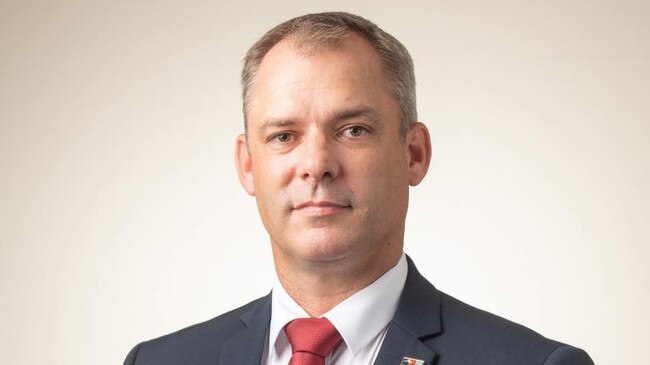
Jason Scanes - Labor
No response received as of time of publication. We will update this article with the candidate’s response if we hear from them.




